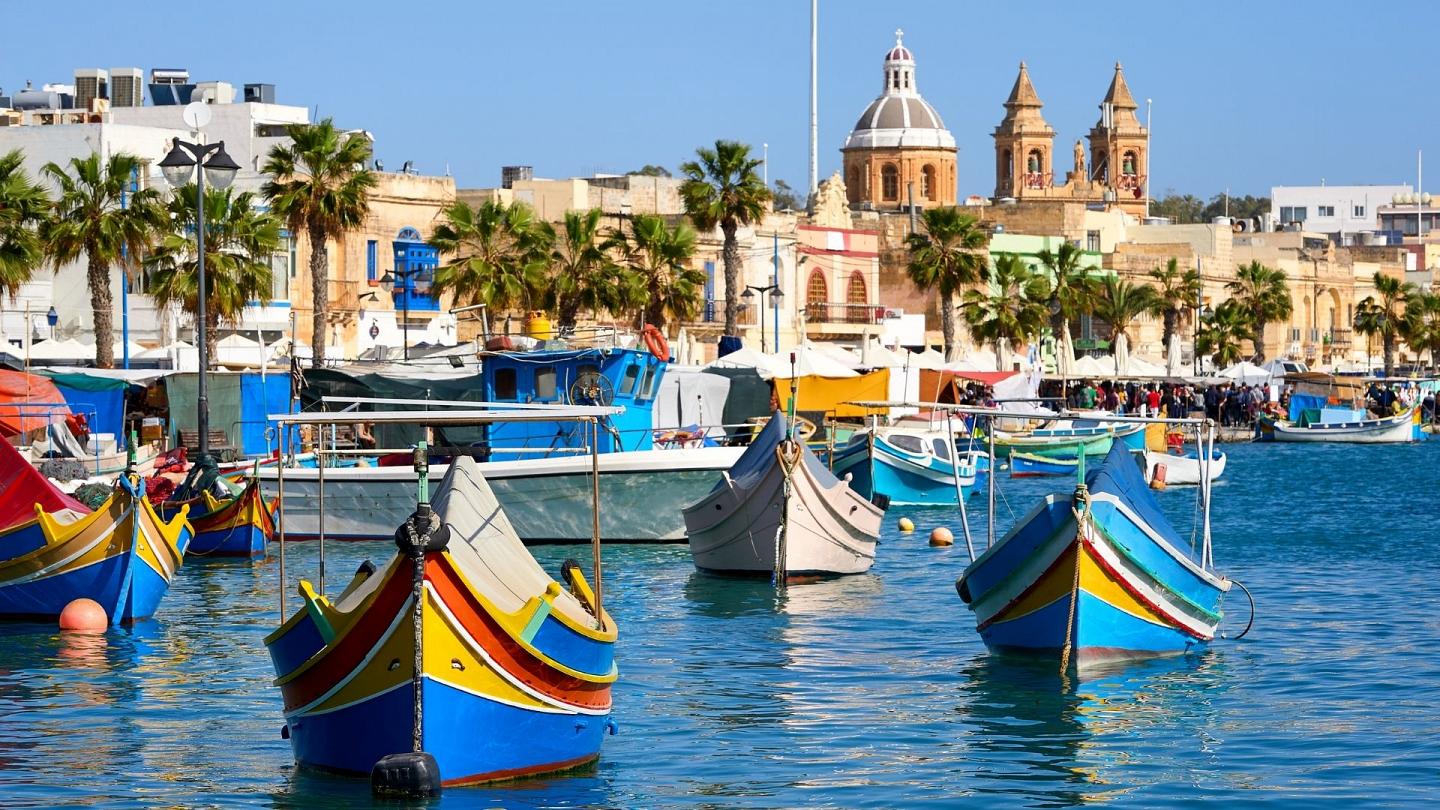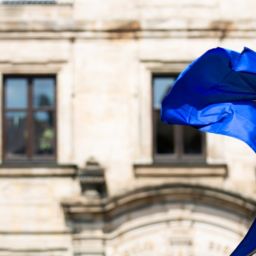Malta: A Jewel in the Mediterranean

Photo: Reuters
The Republic of Malta, a tiny archipelago tucked away in the centre of the Mediterranean Sea, has long stood at the nexus of history. Malta has always been sought after by empires and civilizations due to its advantageous location. The island nation is currently well-known for its colourful culture, strong economy, rich history, and friendly populace. An outline of Malta’s people, customs, and economy is given in this article, which highlights this exceptional Mediterranean jewel. Malta’s economy is a diverse and dynamic engine that has successfully transitioned from a focus on traditional sectors to a modern service-based economy. Historically reliant on shipbuilding and repair, textiles, and manufacturing, Malta has made significant strides in other sectors such as finance, tourism, and information technology. Tourism is a significant contributor to the Maltese economy, thanks to the country’s sunny climate, attractive beaches, historical monuments, and UNESCO World Heritage sites, including the capital city of Valletta, the Megalithic Temples, and the Hal Saflieni Hypogeum. Malta’s tourism industry benefits from both summer beachgoers and year-round cultural tourists. Financial services have also become a mainstay of the economy, with Malta positioning itself as a competitive hub for banking, insurance, and online gaming industries. The country’s adoption of the Euro in 2008 and its full membership in the European Union have facilitated its integration into the wider European market.

















